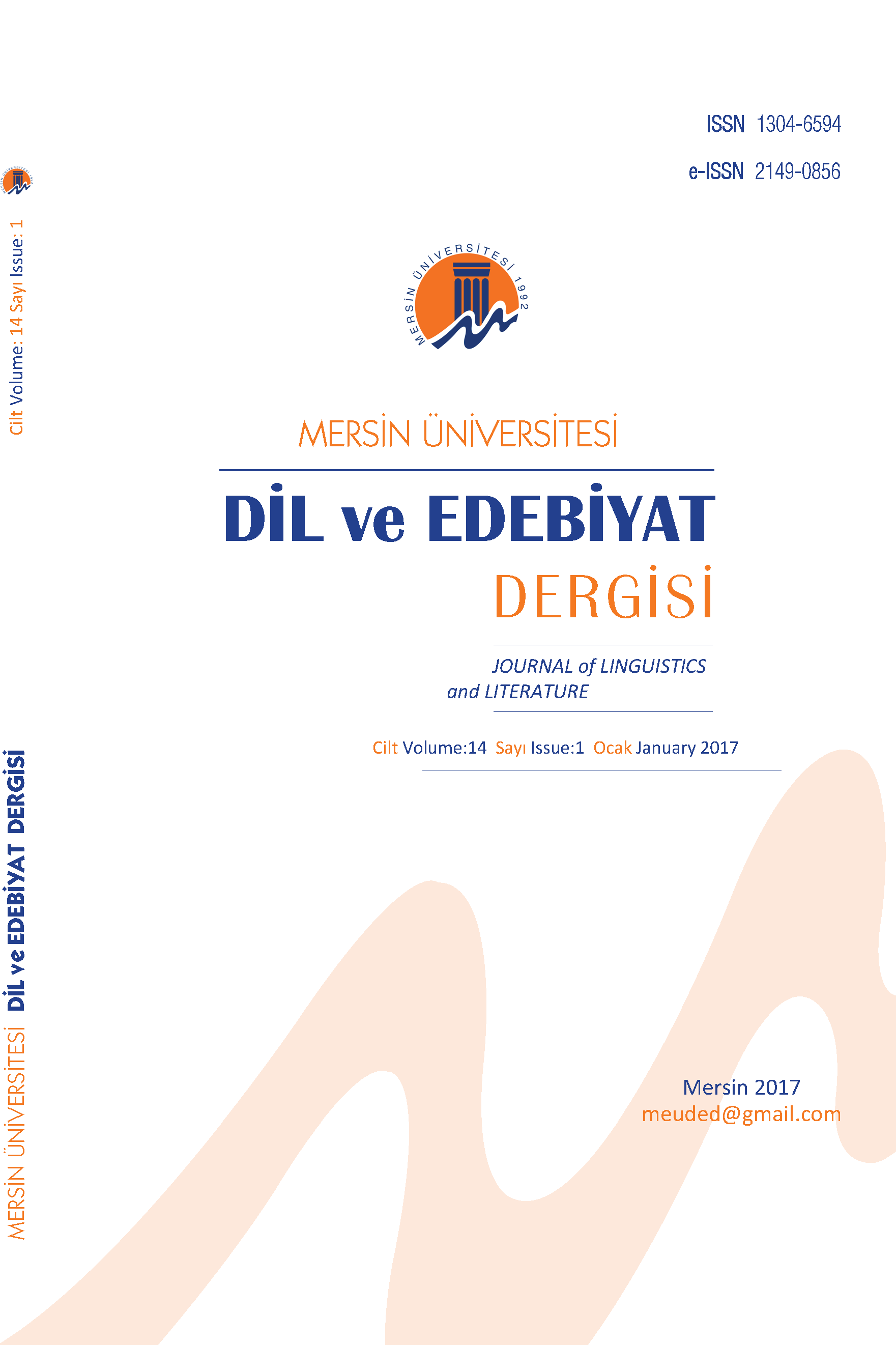Interpretations of Turkish Reflexive Pronouns KENDI and KENDISI
Turkish has two different forms of reflexive pronouns: kendi (self)and kendisi (self-3sg). In the field of theoretical linguistics, there are differentviews regarding the binding relations of these reflexives. One view is thatkendi and kendisi can be bound with both the subject of the embedded clauseand the subject of the matrix clause. According to another view, kendi ismore likely to be bound with the subject of the embedded clause, whereaskendisi can be bound with either the subject of the embedded clause or thesubject of the matrix clause. In order to provide evidence for the reflexiveinterpretation and confirm the validity of existing linguistic analyses inTurkish, we conducted a forced preference task with 64 native speakers ofTurkish. Our findings suggest that the interpretations of kendi and kendisi aredifferent in Turkish and that kendi is much freer than kendisi.Key Words: Reflexives, Binding, Turkish, Kendi, Kendisi
Anahtar Kelimeler:
-
- ISSN: 1304-6594
- Yayın Aralığı: Yılda 2 Sayı
- Başlangıç: 2004
- Yayıncı: Mersin Üniversitesi
